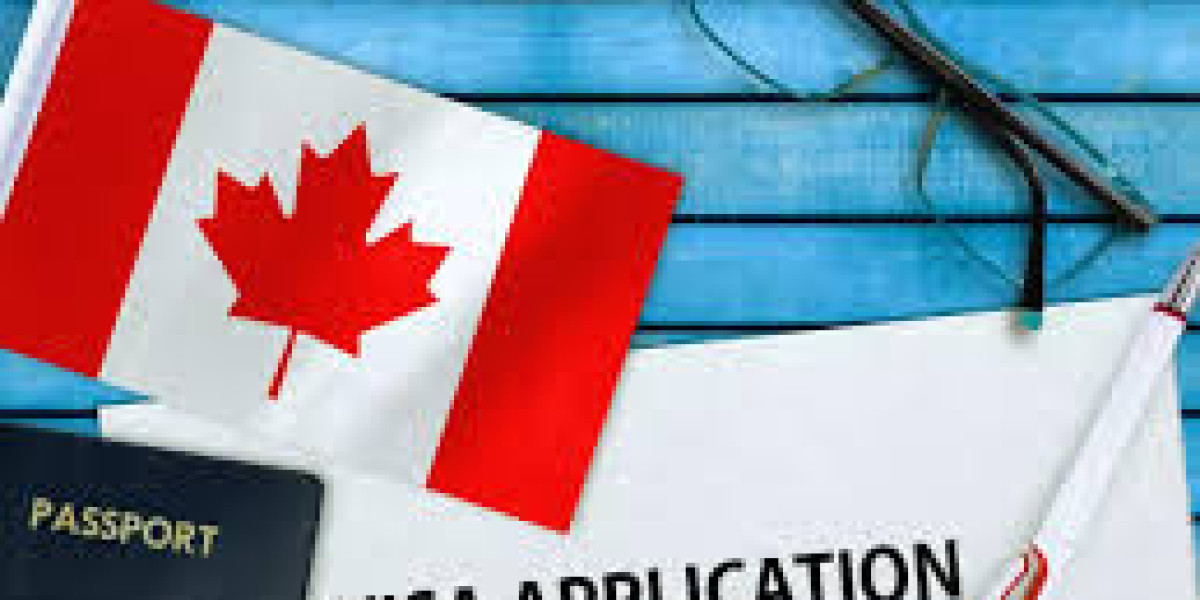Canada is one of the most beautiful and welcoming countries in the world. Every year, millions of people apply for a Visitor Visa to Canada to explore its stunning landscapes, visit family or friends, or attend special events. Whether you're planning a vacation, a business trip, or a short visit for family reasons, understanding the requirements for a visitor visa in Canada is crucial. This guide walks you through the essentials of getting your Canadian visitor visa approved smoothly.
Where Can You Apply for a Visitor Visa to Canada?
You can apply for a Visitor Visa to Canada (also called a Temporary Resident Visa or TRV) from your home country. The application is generally processed online through the official Immigration, Refugees and Citizenship Canada (IRCC) portal. Alternatively, you can submit your documents via a Visa Application Centre (VAC) if online services are not available in your region.
Before applying, make sure to check your country’s specific visa requirements, as Canada has visa-exempt countries whose citizens can visit using only an Electronic Travel Authorization (eTA).
Advantages of Having a Visitor Visa to Canada
Securing a visitor visa comes with several benefits:
- Travel flexibility: You can travel throughout Canada during your authorized stay.
- Family and friends: Visit relatives or attend family events like weddings or reunions.
- Business purposes: Attend meetings, conferences, or explore investment opportunities.
- Tourism: See places like Niagara Falls, Banff National Park, or explore cities like Toronto, Vancouver, and Montreal.
- Education research: Visit universities if you're planning future studies in Canada.
Types of Visitor Visas to Canada
There are different types of Visitor Visa to Canada, depending on your purpose of travel:
- Tourist Visa
This is the most common type and is granted for leisure or tourism purposes.
- Business Visitor Visa
Granted to individuals visiting Canada for business meetings, conferences, or site visits, without entering the Canadian labor market.
- Super Visa
For parents and grandparents of Canadian citizens or permanent residents. It allows extended stays up to two years.
- Transit Visa
If you are passing through Canada on your way to another country and your stopover lasts less than 48 hours.
Requirements for Visitor Visa to Canada
Before applying, it’s essential to understand the basic and supporting requirements to avoid delays or rejections.
- Valid Passport
You must have a passport that’s valid for the duration of your intended stay in Canada.
- Completed Application Form
Fill out the IMM 5257 form and any other required documents depending on your country and purpose.
- Proof of Funds
You need to demonstrate that you have enough money to cover your stay, accommodation, travel expenses, and return trip.
- Travel Itinerary
Include flight bookings (if available), hotel reservations, or invitation letters if staying with friends/family.
- Letter of Invitation (if applicable)
If you’re staying with someone in Canada, you may need a formal invitation letter from them, along with their ID and proof of legal status.
- Proof of Ties to Home Country
This helps prove you will return after your visit. Documents include:
- Employment letter or pay slips
- Property ownership
- Family dependents
- Enrollment in an educational institution
- Medical Examination (if applicable)
Applicants from certain countries or those planning extended stays may need a medical exam.
- Biometrics
Most applicants will be required to provide fingerprints and a photo. This is done at a Visa Application Centre.
- Visa Fee Payment
As of now, the fee for a Visitor Visa to Canada is CAD $100 per person. There may be additional fees for biometrics.
Steps to Apply for a Visitor Visa to Canada
Here’s a step-by-step guide to applying for your Canadian visitor visa:
Step 1: Determine Your Eligibility
Use the official IRCC website to check if you need a visitor visa or an eTA. Make sure you meet all eligibility requirements.
Step 2: Create an Online Account
Register on the IRCC website to access and submit your application forms.
Step 3: Gather Required Documents
Collect all supporting documents including passport, financial records, travel plans, invitation letters, and ties to your home country.
Step 4: Fill Out the Application
Complete the application form carefully. Double-check for accuracy and completeness.
Step 5: Pay the Visa Fees
Submit the required visa application fee online via credit/debit card or other available methods.
Step 6: Submit Biometrics
After fee payment, you’ll receive instructions to submit biometrics at your nearest Visa Application Centre.
Step 7: Wait for Processing
The processing time varies by country but generally takes around 15–30 days. You may be asked to submit additional documents.
Step 8: Receive Visa Decision
If approved, your passport will be stamped with a Visitor Visa to Canada, allowing you to travel within the visa validity period.
Validity and Duration of Stay
Most visitor visas allow you to stay in Canada for up to 6 months per visit. However, the border officer at the port of entry decides the exact duration. Always respect the expiry date and don’t overstay to avoid future visa issues.
Extension of Visitor Visa
If you wish to stay longer, you must apply for a visitor record at least 30 days before your authorized stay ends. An extension is not guaranteed and depends on your situation and documentation.
Conclusion
A Visitor Visa to Canada opens up a world of opportunity—whether it’s exploring the vast Canadian wilderness, reuniting with loved ones, or attending business meetings. By understanding the requirements for visitor visa in Canada and following the correct application steps, your journey can be stress-free and memorable. Always apply with genuine intent and truthful information to increase your chances of approval.
Frequently Asked Questions
Q1. How long can I stay in Canada on a visitor visa?
You can stay for up to 6 months unless otherwise stated by the border officer.
Q2. Can I work in Canada with a visitor visa?
No, a Visitor Visa to Canada does not allow you to work. You must apply for a work permit separately.
Q3. How long does it take to get a Canadian visitor visa?
Processing times vary but typically range from 2 to 6 weeks, depending on your country of application and time of year.
Q4. Can I extend my stay in Canada as a visitor?
Yes, you can apply for an extension, but it must be done at least 30 days before your current status expires.
Q5. What if my visa application is rejected?
If your application is denied, you will receive a letter explaining the reasons. You can reapply after addressing the issues or appeal in specific cases.
Q6. Do I need to show a return ticket?
While it's not mandatory, showing a return ticket helps prove that you plan to leave Canada after your visit.




